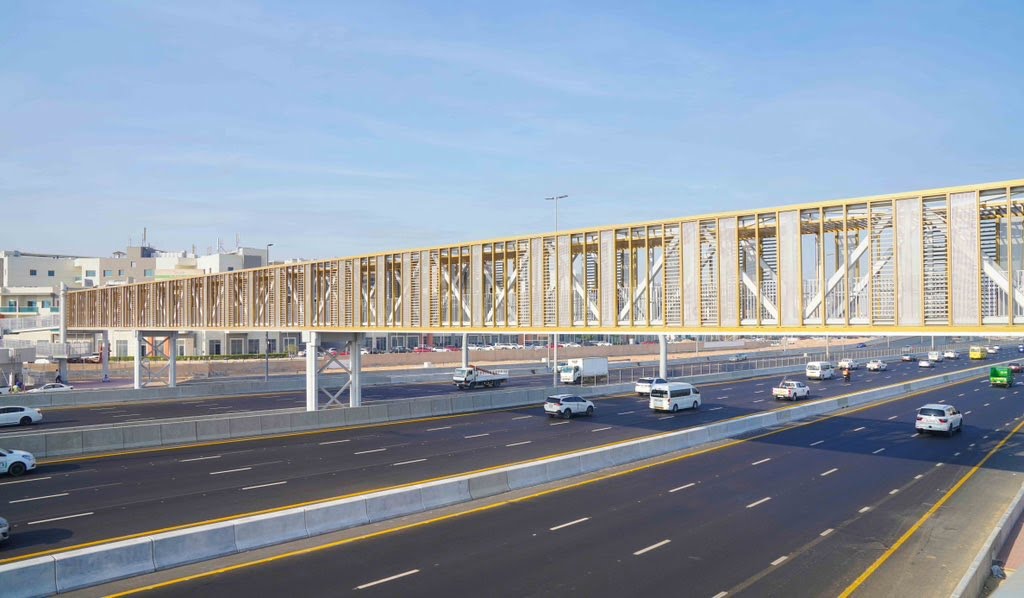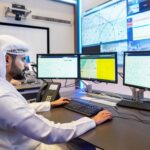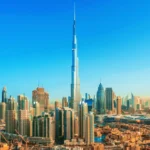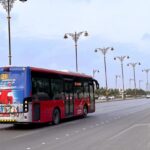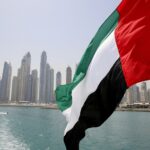DUBAI, UAE: Dubai’s Roads and Transport Authority (RTA) has opened two new footbridges on Ras Al Khor Road as part of a broader initiative to construct seven footbridges, as announced earlier in 2023.
The inauguration of the two bridges affirms RTA’s commitment to enhancing traffic safety, providing safe mobility means for pedestrian crossing, and fostering wellbeing to bring more happiness to residents and visitors of Dubai.
The two bridges are characterised by attractive designs and are fitted with hi-tech electromechanical systems, alarms, firefighting, remote monitoring systems, and dedicated bike racks.
“RTA is among the world’s leading entities in achieving traffic safety and reducing the rate of run-over incidents, thanks to the infrastructure and safety means for road users and cyclists. Footbridges are service amenities that RTA seeks to construct in line with top global standards,” said Abdulla Al Ali, CEO of Traffic and Roads Agency, at RTA.
The first bridge links Creek Harbour and Ras Al Khor Industrial Area. It is 174 metres long 3.4 metres wide in the first section, and 4.1 metres in the second section. It rises 6.5 metres above the asphalt and encompasses two 120-meter-long ramps, each 1.9 metres wide for cyclists.
The second bridge is located on Ras Al Khor Road, directly across Marhaba Mall and Wasl Complex in Nadd Al Hamar. It measures 101 metres long, 3.4 metres wide, and 6.5 metres high from the asphalt, with two ramps on either side, each spanning 120 metres in length and 1.9 metres in width. The bridge has electromechanical system rooms that hold alarm and firefighting systems, as well as remote monitoring systems.
“The construction of footbridges focuses on providing numerous service facilities such as elevators, alarm and firefighting systems, and remote monitoring systems, and at the same time cater to employing creative and aesthetic design aspects. The locations of footbridges are chosen according to several key parameters that include pedestrian incident spots, traffic intensity, and the movement of people between the two sides of the street as well as the distance to the nearest pedestrian crossing, locations of public bus stops, markets, commercial centres, and government and private entities,” concluded Al Ali.

